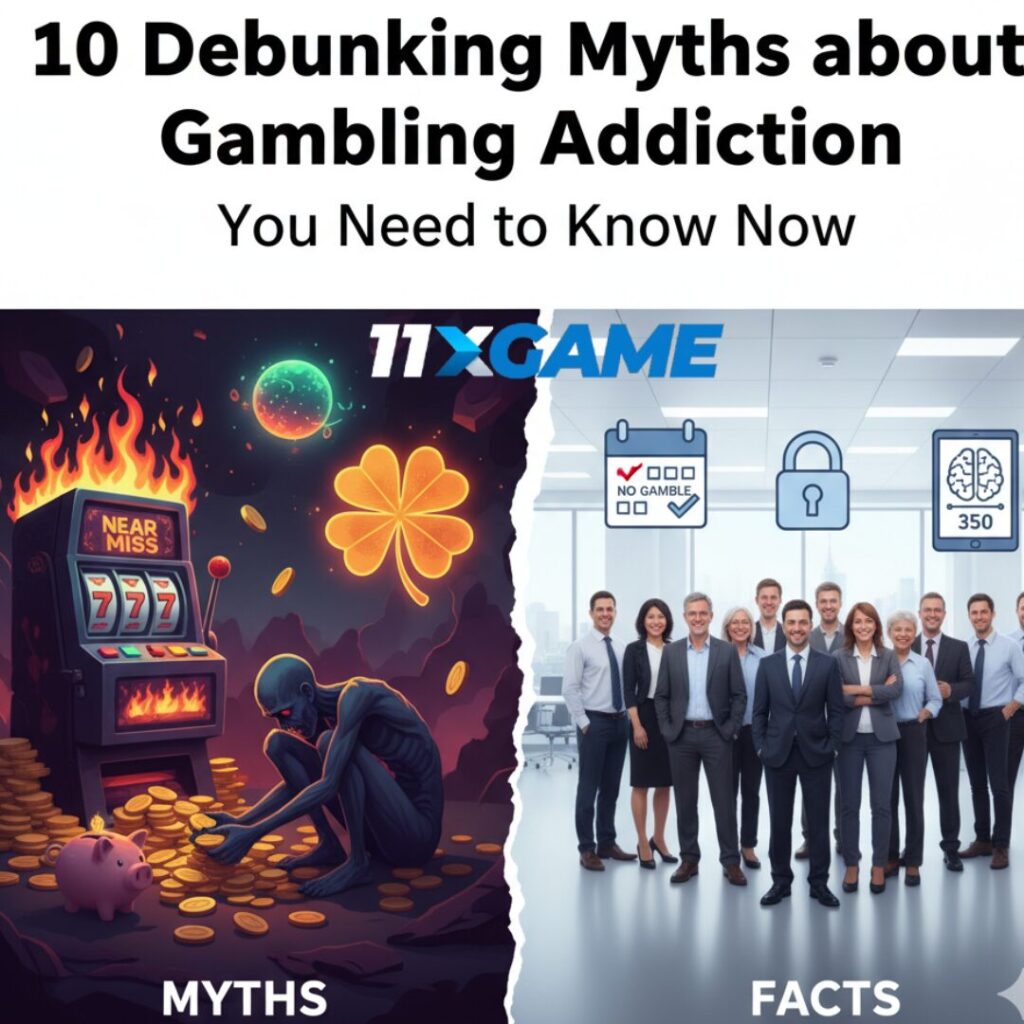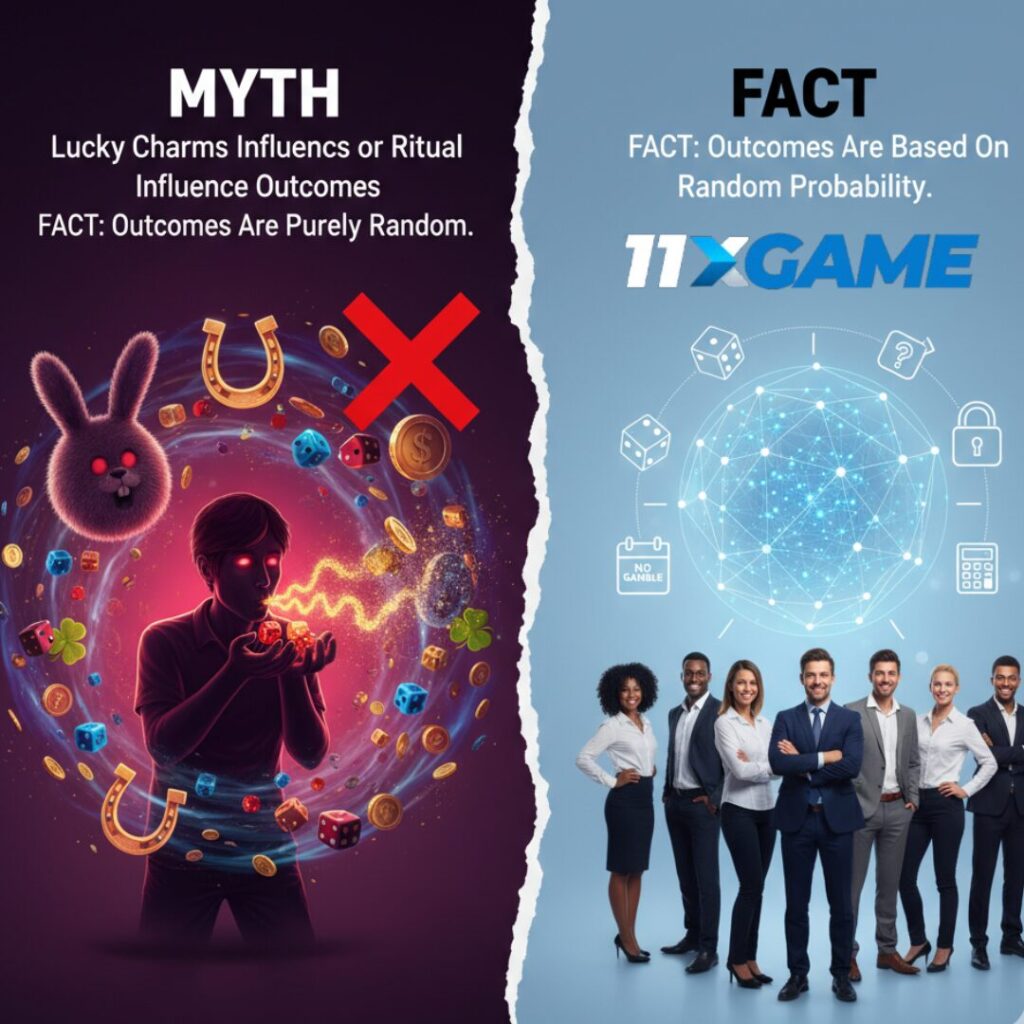10 Debunking Myths about Gambling Addiction You Need to Know Now
Myths about gambling addiction have persisted for years, clouding people’s understanding of this serious issue. In a world where online betting and casinos are more accessible than ever, it’s crucial to separate fact from fiction. Whether you’re a casual player or someone concerned about a loved one, busting these myths can lead to healthier habits and better awareness. Let’s dive into the truth behind these common misconceptions and explore how they impact real lives.
Gambling addiction isn’t just about losing money—it’s a complex behavioral issue that affects millions worldwide. According to recent studies, over 2% of adults struggle with some form of gambling disorder, yet myths about gambling addiction keep many from seeking help. By addressing these falsehoods head-on, we can foster a more informed community. In this post, we’ll uncover 10 key myths about gambling addiction, backed by expert insights and real-world examples.

Understanding the Roots of Myths about Gambling Addiction
Myths about gambling addiction often stem from cultural stories, media portrayals, and personal biases. Think about how movies glamorize high-stakes wins, making it seem like anyone can beat the odds with enough “luck.” But reality paints a different picture. These myths perpetuate stigma and prevent early intervention.
For instance, one widespread belief is that gambling problems only affect certain “types” of people. This couldn’t be further from the truth. Anyone, regardless of age, background, or income, can fall into the trap. As we unpack these myths about gambling addiction, remember that knowledge is your best defense.
Myth 1: You Have to Gamble Every Day to Be Addicted
A common myth about gambling addiction is that frequency defines the problem. Many think if you’re not hitting the casino daily, you’re in the clear. But that’s not how addiction works.
In fact, gambling addiction can manifest in binge sessions or infrequent but high-risk bets. A person might go weeks without playing, then lose thousands in one night. This episodic pattern is just as damaging as daily habits. It’s about the impact on your life, not the calendar.
Take Sarah, a 35-year-old teacher. She only gambled on weekends, but those sessions drained her savings and strained her marriage. Myths about gambling addiction like this one kept her in denial until she sought counseling.
- Quick Tip: Track your gambling sessions. If even occasional plays cause regret or financial stress, it might be time to reassess. 😊
Myth 2: Gambling Addiction Only Affects Weak-Willed People
Another damaging myth about gambling addiction labels sufferers as “weak” or “lazy.” This stigma implies it’s a character flaw rather than a medical condition.
Truth be told, gambling addiction involves brain chemistry changes similar to substance abuse. Dopamine surges from wins reinforce the behavior, making it hard to stop. Strong-willed individuals, like successful executives, can still develop issues.
Community insights from recovery forums highlight this. One user shared: “I was a top athlete, disciplined in every way, but gambling hooked me during a stressful period.” Busting myths about gambling addiction helps reduce shame and encourage help-seeking.

Myth 3: Near Misses Mean a Win Is Coming Soon
Ever felt that rush when you “almost” win? Myths about gambling addiction fuel the idea that near misses signal an impending jackpot.
However, slot machines and games are programmed with random number generators. A near miss is just that—random and meaningless. It doesn’t predict future outcomes; it’s designed to keep you playing.
Real scenario: Mike, a factory worker, chased near misses on online slots, believing his luck was “turning.” He ended up in debt, learning the hard way that myths about gambling addiction like this are casino tactics.
| Myth | Fact | Impact |
| Near misses predict wins | Outcomes are random | Encourages prolonged play, leading to losses |
| Luck changes with persistence | House always has edge | Financial ruin from chasing illusions |
Myth 4: You Can’t Get Addicted to Gambling Like Drugs
Some dismiss myths about gambling addiction by claiming it’s not a “real” addiction since no substances are involved.
But behavioral addictions like gambling trigger the same reward pathways in the brain as drugs or alcohol. Withdrawal symptoms, cravings, and tolerance build-up are common.
Imagine Alex, a young professional. He started with sports betting for fun, but soon needed bigger stakes for the thrill. This escalation mirrors drug dependency, debunking myths about gambling addiction.
- Community Insight: “Gambling ruined my sleep and mood, just like quitting smoking,” says a Reddit user. Sharing stories normalizes the struggle. 🌟
Myth 5: Problem Gambling Is Easy to Spot
Myths about gambling addiction suggest visible signs like disheveled appearance or constant borrowing.
In reality, it’s often called the “hidden addiction” because many hide it well. High-functioning individuals maintain jobs while secretly battling urges.
Real scenario: Lisa appeared successful, but behind closed doors, she maxed out credit cards on poker apps. Her family only noticed when bills piled up. Myths about gambling addiction delay recognition.
Highlights:
- Secretive behavior
- Mood swings
- Financial inconsistencies
Myth 6: Young People Don’t Get Gambling Problems
A persistent myth about gambling addiction is that it’s an “old person’s issue,” sparing the youth.
Facts show otherwise: Teens and young adults are at high risk due to online access and peer pressure. Mobile apps make betting easy and anonymous.
Consider Jake, a college student. He began with fantasy sports, escalating to real-money games. Myths about gambling addiction ignored by parents left him isolated.
- Quick Tip: Parents, talk openly about risks. Set app limits early. 👍
Myth 7: Chasing Losses Will Eventually Pay Off
Myths about gambling addiction promote “chasing” as a strategy—bet more to recover losses.
This is a fallacy. The more you play, the more you lose over time due to house edges. It’s a cycle that deepens debt.
Real scenario: Tom lost $500 on roulette and bet $1000 to “win it back,” only to lose more. Breaking myths about gambling addiction saved him through therapy.
| Strategy Myth | Reality Check | Better Approach |
| Chase losses | Increases debt | Set loss limits and walk away |
| Double bets | Gambler’s fallacy | Budget strictly |
Myth 8: Lucky Charms or Rituals Influence Outcomes
Blowing on dice or wearing a “lucky” shirt? Myths about gambling addiction tie success to superstitions.
Games are based on probability, not rituals. These beliefs give false control.
Community insight: “My lucky hat didn’t stop the losses,” laughs a forum member in recovery. Dispelling myths about gambling addiction empowers rational play.

Myth 9: Gambling Is Harmless Fun for Everyone
Not all myths about gambling addiction are overt; some downplay risks entirely.
While moderate play can be enjoyable, for some, it spirals into addiction affecting health, relationships, and finances.
Real scenario: Emma’s “fun” nights out turned into isolation and anxiety. Recognizing myths about gambling addiction prompted her to join support groups.
- Signs to Watch:
- Preoccupation with gambling
- Lying about habits
- Borrowing money
Myth 10: Recovery from Gambling Addiction Is Impossible
Finally, a defeating myth about gambling addiction is that once hooked, you’re doomed.
Recovery is possible with treatment, support, and lifestyle changes. Many lead fulfilling lives post-recovery.
Highlights: Therapy, self-exclusion tools, and hotlines like 1-800-GAMBLER help.
Real-Life Impacts of Myths about Gambling Addiction
Myths about gambling addiction aren’t harmless—they delay help and worsen outcomes. In 2025, with online platforms booming, awareness is key.
For responsible play, check out 11xgame.live for secure betting with limits. Use their game credits wisely at 11xgame to enjoy without excess. For more insights on betting games, visit our blog hub at 11xgame.org.
Community insights from support groups emphasize education. “Busting myths saved my family,” shares one member.
Preventive Measures Against Myths about Gambling Addiction
To combat myths about gambling addiction, educate yourself and others.
- Set budgets
- Use timers
- Seek professional advice early

Quick Tip: Join online communities for peer support. They’re goldmines of real advice. 🚀
FAQs on Myths about Gambling Addiction
Q1: What are the top myths about gambling addiction?
A: Common ones include needing to gamble daily or that it’s only for weak people.
Q2: How do myths about gambling addiction affect recovery?
A: They create stigma, making it harder to seek help.
Q3: Can young people fall victim to myths about gambling addiction?
A: Yes, especially with easy online access.
Q4: Are there tools to debunk myths about gambling addiction?
A: Resources like helplines and apps promote facts.
Q5: How can I play safely without falling for myths about gambling addiction?
A: Set limits and play at reputable sites like 11xgame.vip or 11xgame.club.
Ready to play smart? Head over to 11xgame.live for fun, responsible gaming experiences. Remember, knowledge beats myths every time! 🎉






